 A journal has removed an expression of concern for a 2011 paper after Karolinska Institutet (KI) “concluded no wrongdoing had occurred.”
A journal has removed an expression of concern for a 2011 paper after Karolinska Institutet (KI) “concluded no wrongdoing had occurred.”
In June, Journal of Cell Science (JCS) issued the expression of concern, after a reader contacted the editors with questions about the data in one of the figures. JCS investigated but could not resolve the issue, and in March 2017 turned the case over to KI where the authors are based.
The 2011 paper had already received a correction in 2016, citing inadvertent figure duplication.
In late August, KI concluded its investigation into the 2011 paper by last author Boris Zhivotovsky; JCS has now updated the expression of concern with a publisher’s note: Continue reading “No wrongdoing had occurred,” says Karolinska, following investigation of cancer research


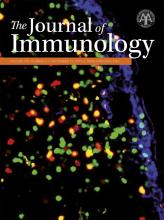 Two journals have retracted papers by a biologist who was
Two journals have retracted papers by a biologist who was 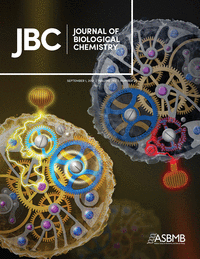

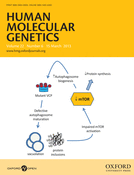
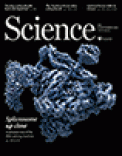
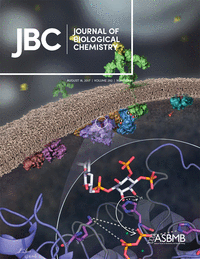
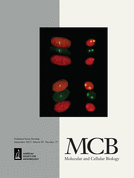 A biology journal has issued a correction to a 2014 paper by a researcher with 11 retractions, citing “inadvertent errors” that don’t affect the conclusions.
A biology journal has issued a correction to a 2014 paper by a researcher with 11 retractions, citing “inadvertent errors” that don’t affect the conclusions.